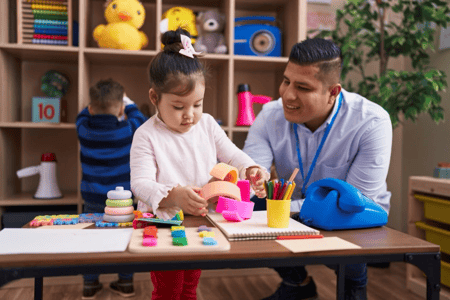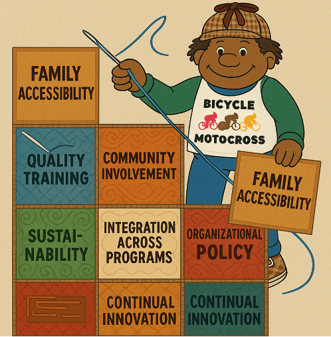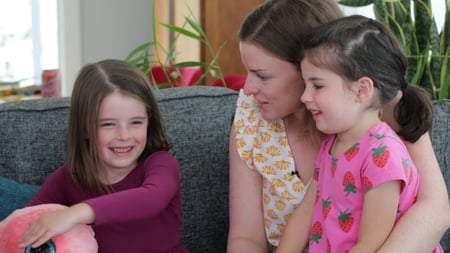How the Well-Baby Program Supports Healthy Child Development

Check out our blog for social-emotional learning articles, news, and more!
Saunders, R., Brack, M., Renz, B. et al. (2020). An Evaluation of Parent Training Interventions in Scotland: The Psychology of Parenting Project (PoPP). Journal of Child and Family Studies 29, 3369–3380. https://doi.org/10.1007/s10826-020-01817-y
Abstract
Early-onset behavioural difficulties persisting into the pre-school years, can make young children vulnerable to poor long-term outcomes including the development of conduct disorders, which are linked to significantly higher societal costs. Several parenting interventions have been shown to reduce behavioural difficulties in children and this evaluation presents outcomes from the Psychology of Parenting Project (PoPP), a national implementation programme delivered in early years services in Scotland. This evaluation of service implementation reports on a large cohort of children (2204, age: 2–5 years) whose parents/caregivers participated in PoPP group-based parenting interventions. We explored change in parent-reported Strengths and Difficulties Questionnaire (SDQ) scores following either the Incredible Years Pre-school Basic or the Level 4 Group Triple P interventions. Latent profile analysis (LPA) was used to identify statistically distinct sub-groups of children based on SDQ subscale scores (emotional, conduct, hyperactivity, peer problems and prosocial). Pre- and post-intervention SDQ scores were available for 58% of children. Large intervention effects were reported and analyses showed that 60% of “at-risk” children were no longer scoring in the at-risk range post-interventions. LPA identified four statistically-distinct profiles of children. Children from “low” and “moderate” behavioural problem profiles benefited more from Triple P, whereas “severe” and “hyperactivity-focused” problem profiles displayed better outcomes following Incredible Years. When delivered through a robust implementation scheme, these parenting interventions can be effective in routine service settings and produce clinically important improvements. These findings and the identification of distinct profiles of children who may respond differentially to interventions could guide the planning of future dissemination schemes.





